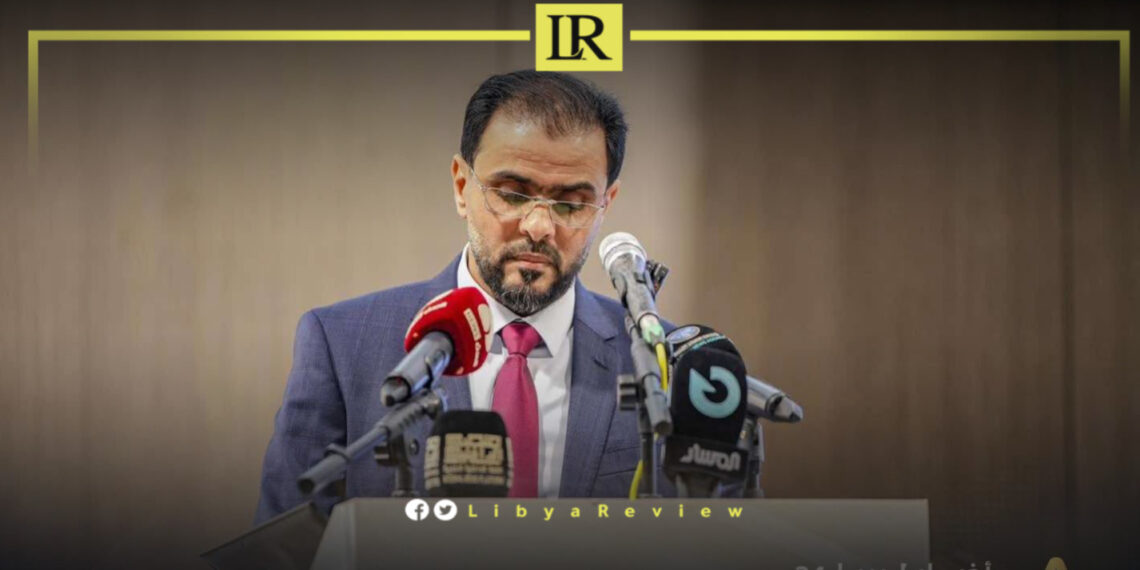The Libyan Parliament-designate government, led by Prime Minister Osama Hammad, has announced its support for the roadmap presented by United Nations envoy Hanna Tetteh before the Security Council, affirming that it is ready to cooperate with all national and international partners in order to move the country toward unity and elections.
In its statement, the government stressed that the roadmap’s proposal to form a new and unified executive authority reflects the voice and will of the Libyan people, who have long demanded an authority capable of managing the state as a whole, ensuring stability, and preparing the ground for both national and municipal elections.
It emphasized that cooperation in this process must serve Libya’s higher interests while preserving sovereignty and reinforcing stability across the country.
The roadmap presented by Tetteh is built on three key foundations. The first is creating a technically sound electoral framework. The second is unifying fragmented institutions under a new government with a clear mandate.
The third is initiating an inclusive dialogue with wide participation from Libyans, including youth, women, and civil society, to address long-standing sources of conflict. Tetteh explained that the roadmap will be implemented step by step within a timeframe of 12 to 18 months, beginning with strengthening the High National Elections Commission and addressing obstacles that prevented elections in 2021.
By backing the roadmap, the Hamad government signaled alignment with international mediation while underscoring that the process must remain Libyan-led. The government framed the plan as an opportunity to end political deadlock, unify state institutions, and restore legitimacy through free and fair elections.
The statement concluded by affirming the government’s readiness to work with all sides, insisting that any cooperation must respect national sovereignty and contribute to building a peaceful, stable, and unified state for all Libyans.


